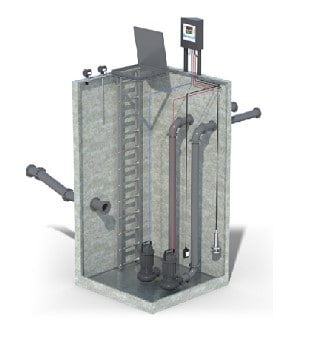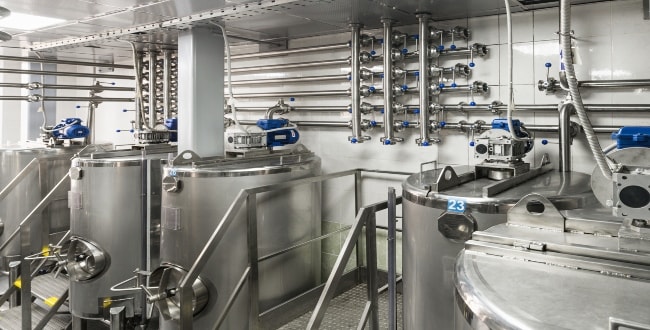1-800-663-4209 | Welcome to our new website, found an issue or bug? Please report it here
- Home
- See Resources
- Blog
We noticed you are from . Visit your local site for regional offers and live support.
Dwyeromega Blog
Featured learning to inspire engineers
HANI Blog : Cream of the Crop
How a New Temperature Monitoring Technology is Quickly Rising to the Top in Food and Bev Manufacturing and Processing
Featured blog >Browse by category
Retrofitting for a Greener Future
Retrofitting industrial equipment with advanced sensors is a smart, sustainable strategy that extends equipment life, improves efficiency, and reduces energy waste—without the cost of full system replacement. This Earth Day-inspired article explores how modern sensing technology can help facilities meet environmental goals while maintaining high performance. Learn how integrating sensors into legacy systems can support your journey toward greener operations and smarter data-driven decisions, all while keeping your existing infrastructure in play.
Lift Station Level Sensing
Wastewater lift stations use level sensing devices to automate pump control, prevent overflows, and support efficient sewage transport. Explore key technologies like ultrasonic, submersible, and radar transmitters.




